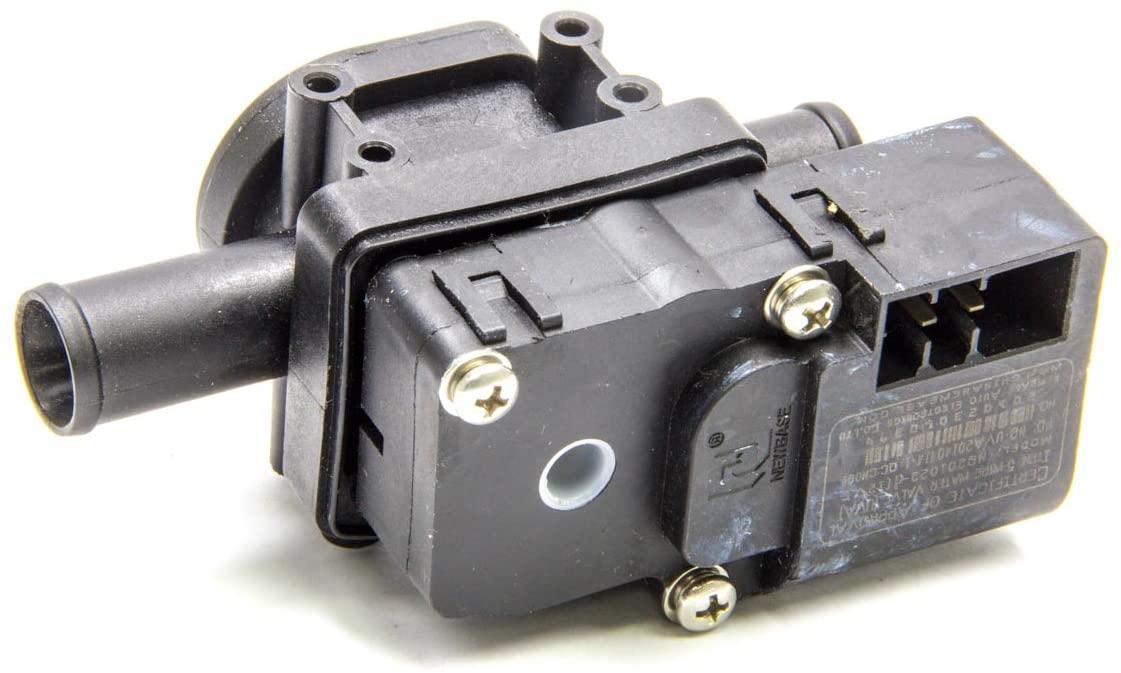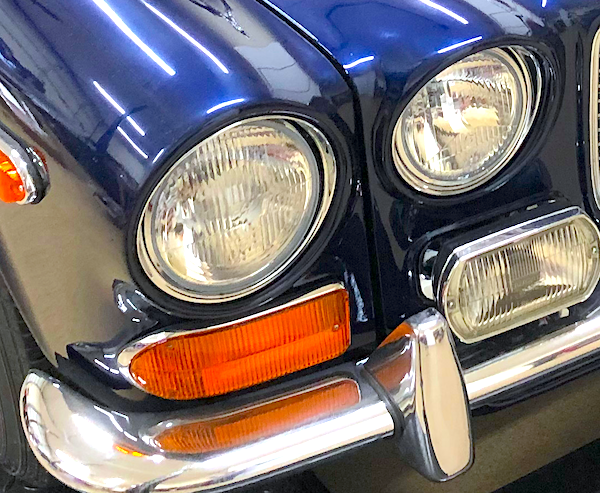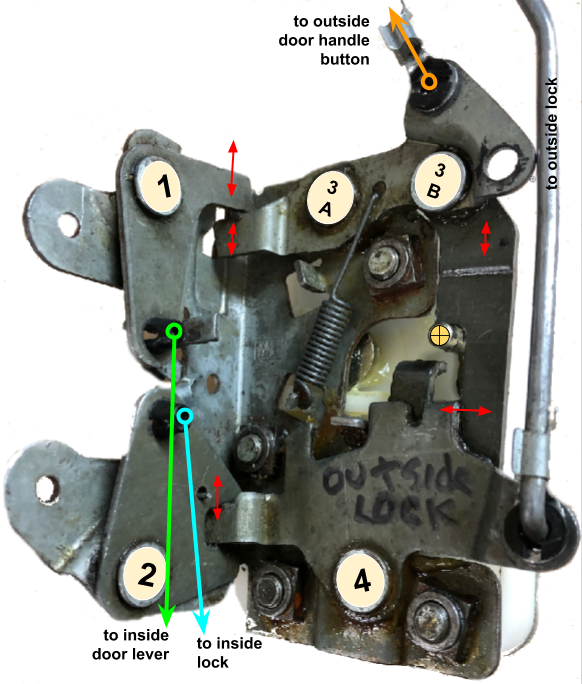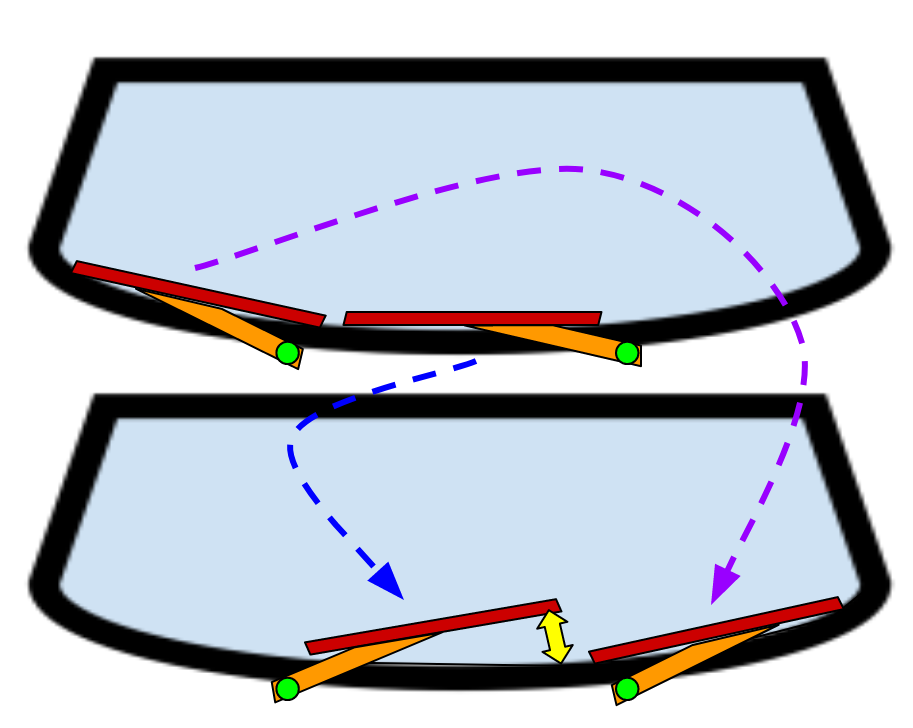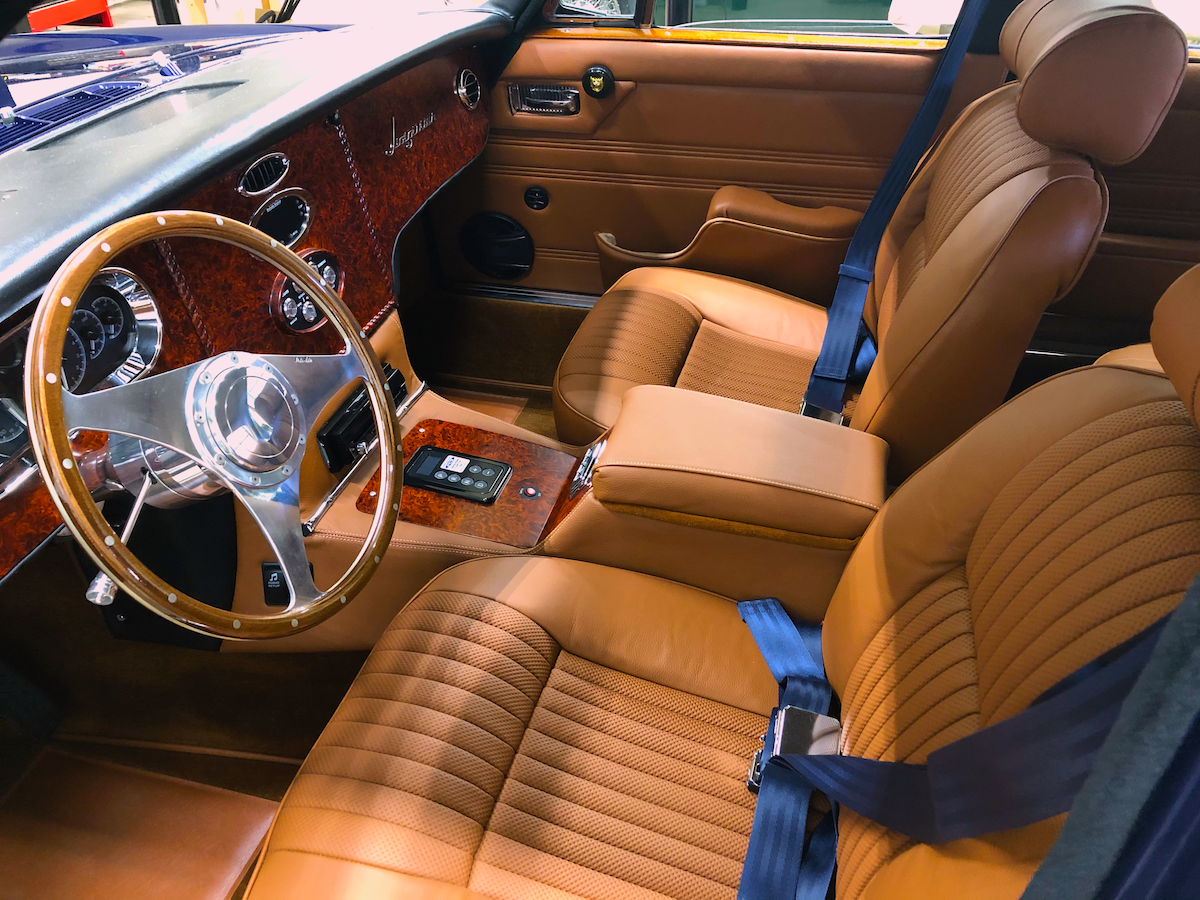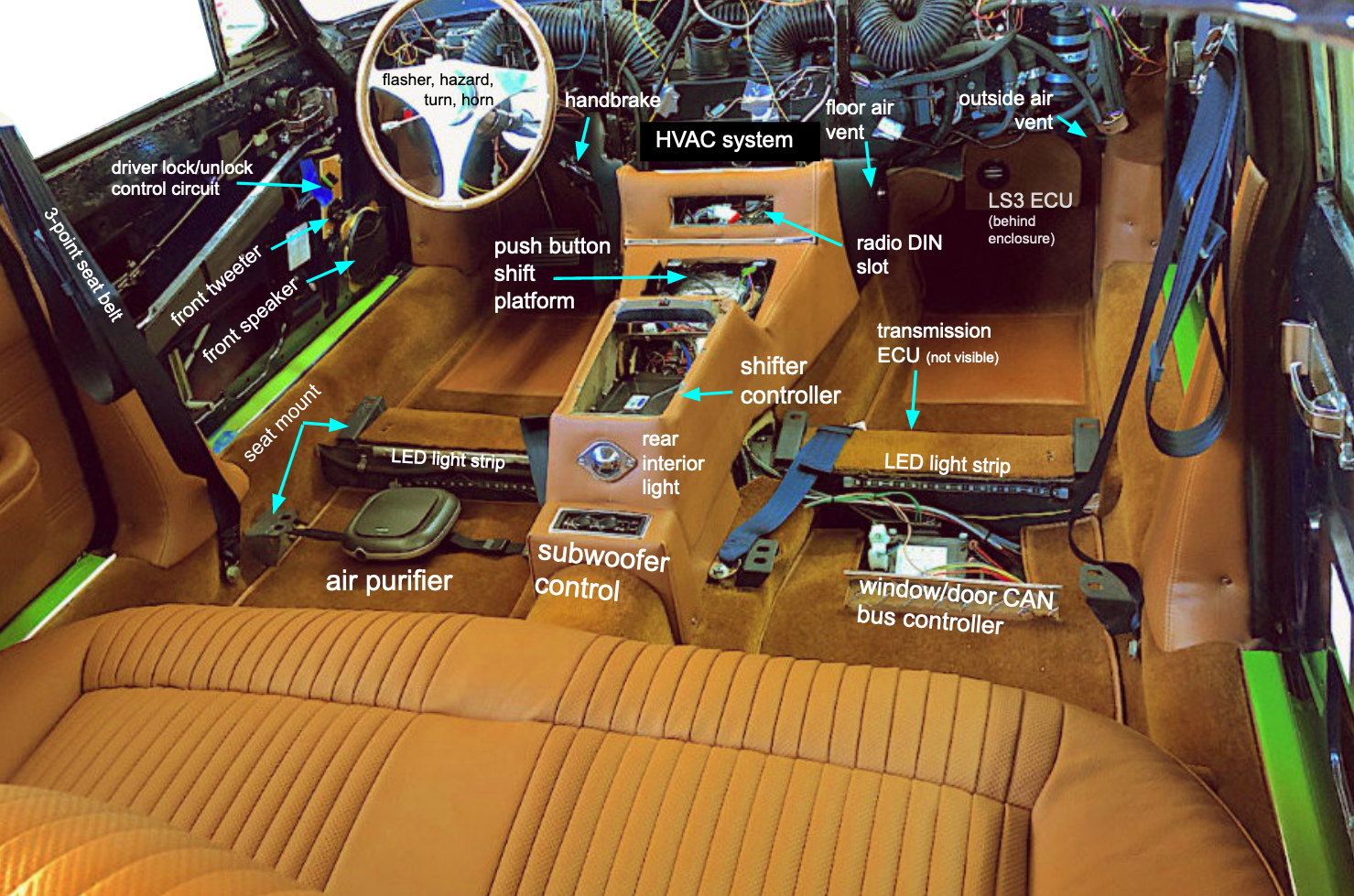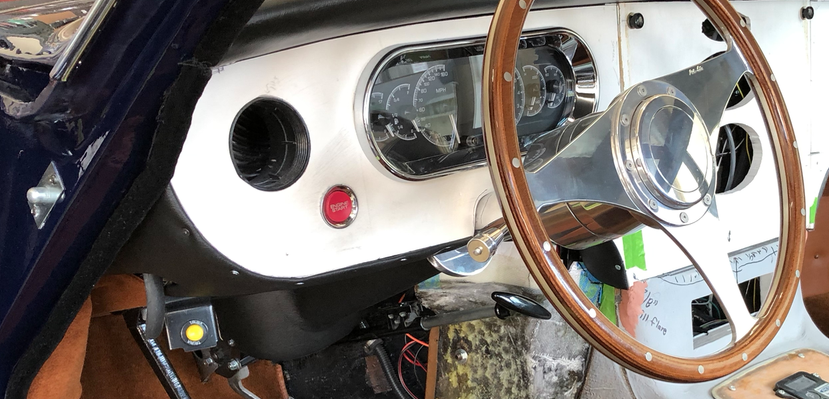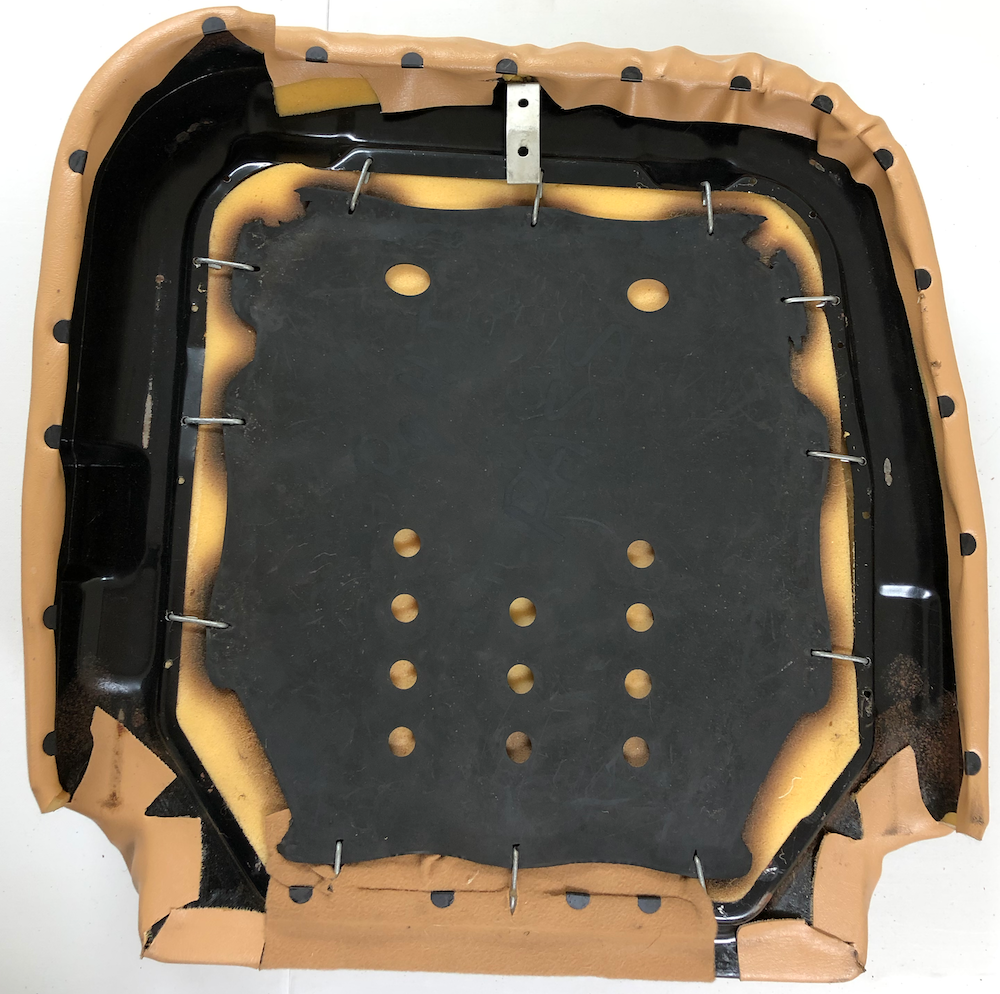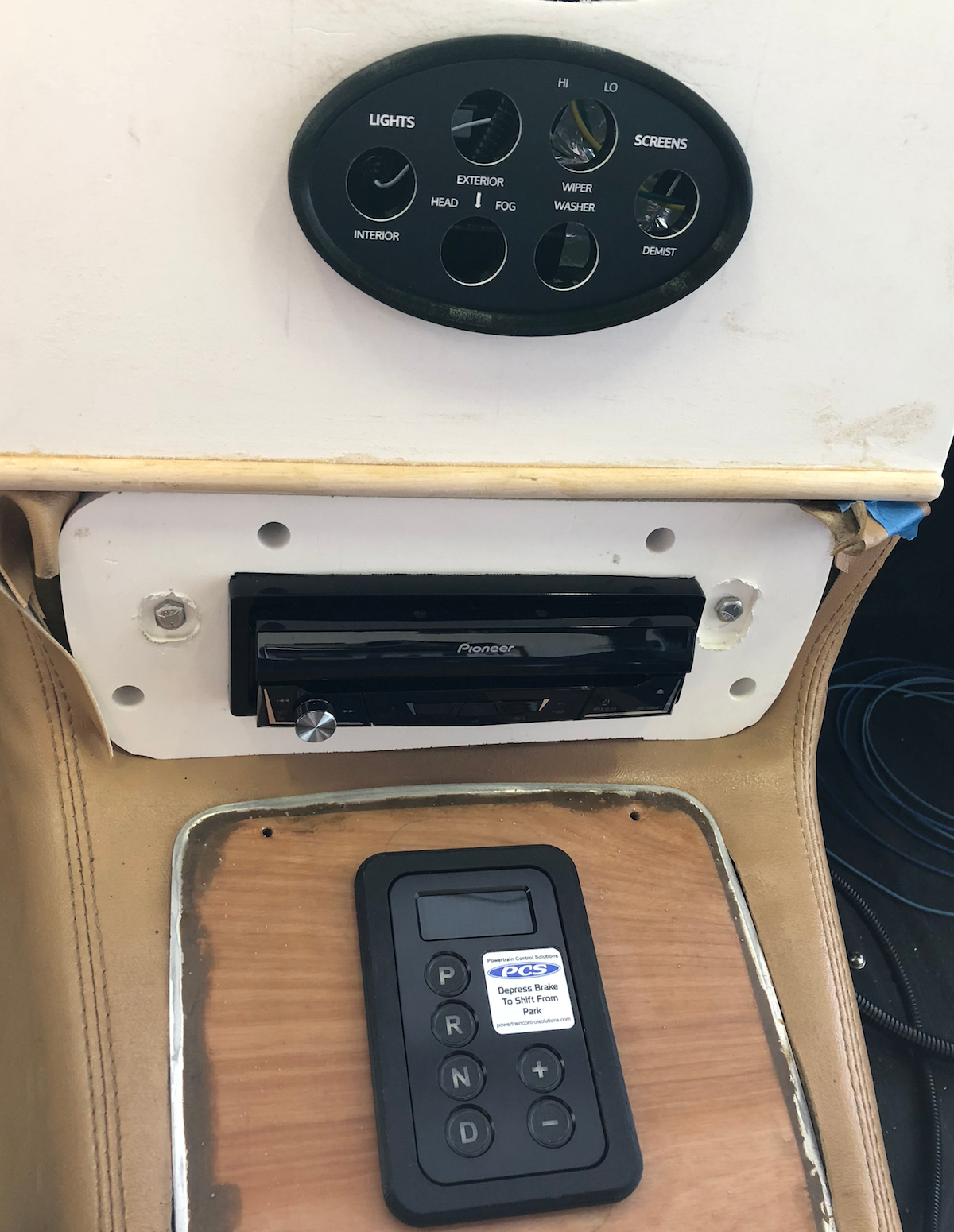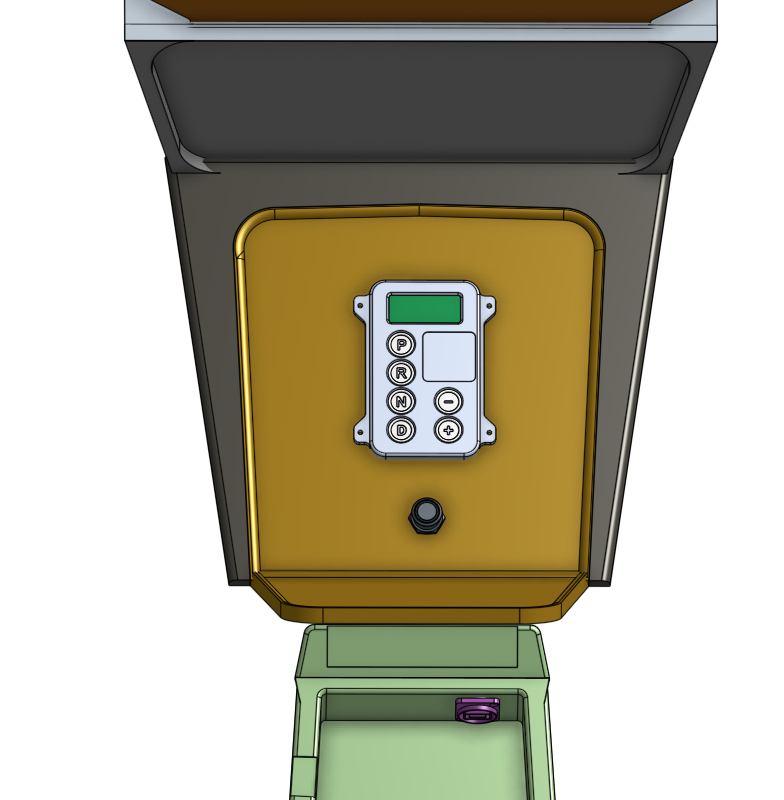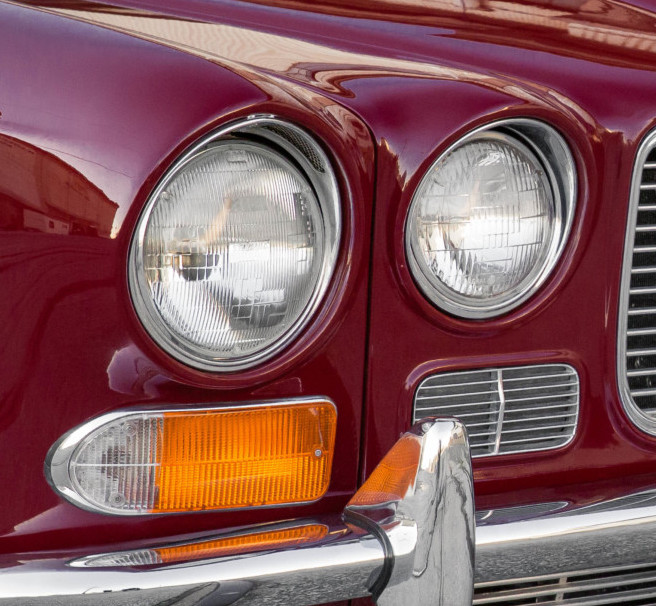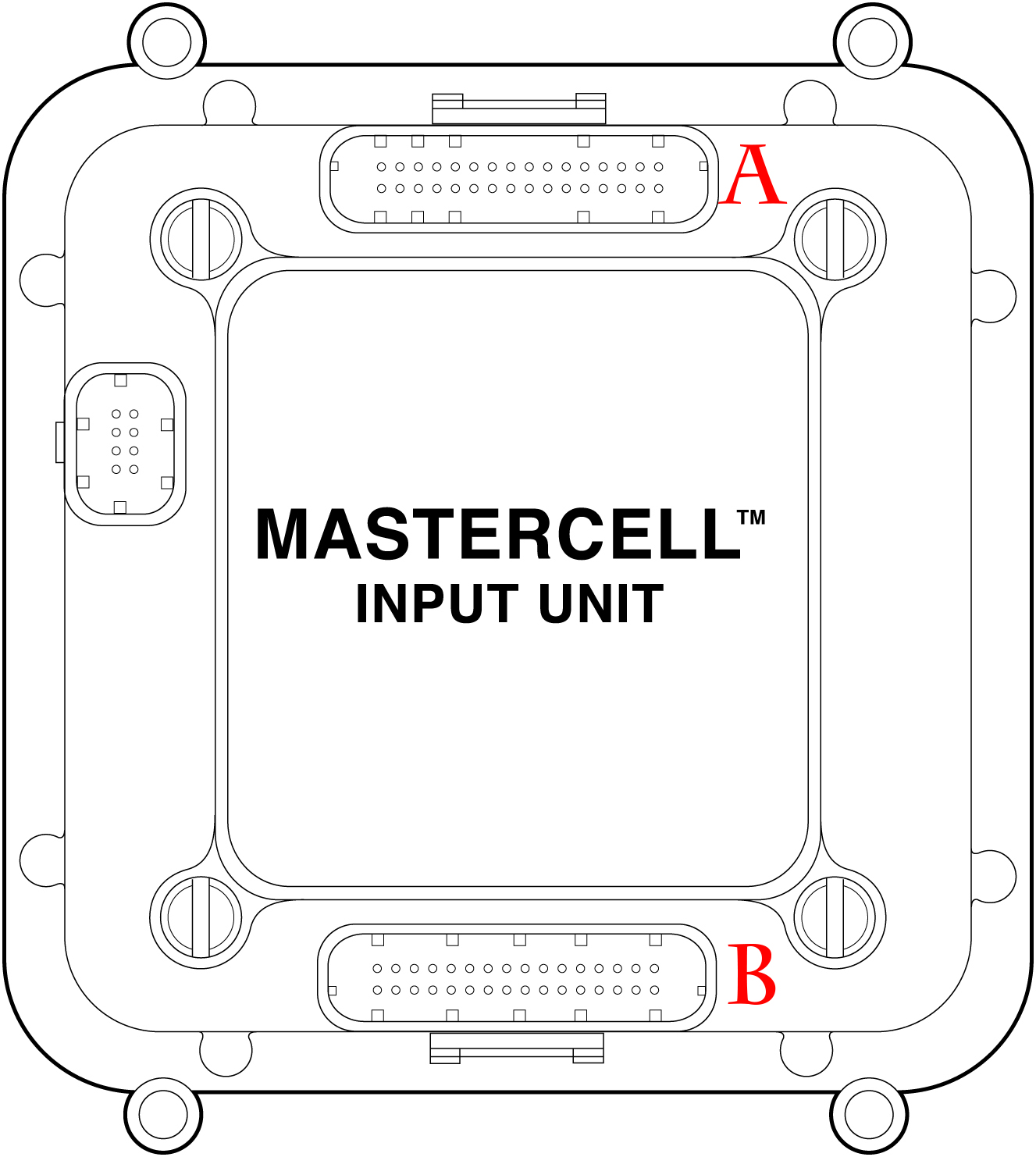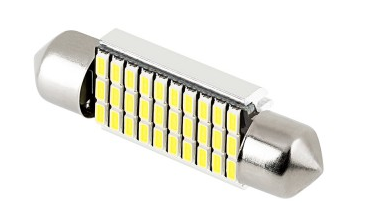Topics
Line materials
There are four basic fuel line material choices: [1] the traditional rubber line used in many classic cars, [2] braided steel impregnated with chlorinated polyethylene (a rubber-like coating), [3] fluoroelastomer using PTFE (Teflon) or fluoropolymer elastomer (FKM) using Viton, and [4] hard metal lines, either aluminum, nickel-copper, or stainless steel.
Ethanol blended gas tends to degrade rubber lines and can cause gasoline odors even when there is no obvious leak. Braided steel resists oil and gas better than rubber, but still is subject to leaks and erosion. PTFE and FKM are virtually corrosion-proof but more expensive and may require manufacturer-specific fittings. PTFE also exhibits a larger bending radius (it’s a stiffer material) while FKM is more flexible. Some metal lines may be difficult to bend, especially stainless steel. While aluminum bends easily it can be deformed and cause leaks. Probably the best choice for hard lines is cunifer, a nickel/copper blend.
FUEL HOSE ALTERNATIVES (6AN 3/8-inch diameter)
| Material | Cost per 20 feet |
|---|---|
| Aluminum hard line | $15 |
| Stainless steel hard line | $40 |
| Nitrile rubber | $55 - $70 |
| Nickel/copper (cunifer) hard line | $100 |
| Braided stainless steel with rubber-like coating | $65 - $120 |
| PTFE or FKM coated braided stainless steel or nylon | $85 - $200 |
| PTFE example: Earl's UltraPro black polyester braid | $185 |
| FKM example: RaceFlux FKM with black nylon braid | $90 |
The flow layout in the trunk (see drawing below) shows that most of the connections are between the tank mounted on vibration isolators and the fixed trunk infrastructure.
These connections are subject to some play so hard lines are not appropriate. Since the tank is really mounted inside the car as opposed to under the chassis, particular attention should be given to fuel vapors. For these reasons, the hard metal, rubber, and braided steel lines without PTFE or FKM are not appropriate choices for this portion of the plumbing.
The only hard line application would be under the chassis running from the back of the trunk “seat” up to a junction with the engine fuel rail; in fact, this junction must also have at least some flexible portion to handle engine vibration. The only reason to use hard line for this portion of the layout is cost and the savings between cunifer and PTFE or FKM is not significant.
PTFE fuel hose manufacturing is a morass of different, mostly foreign, factories, distributors, and brands. Earl’s Performance (a division of Holley) is one national brand and there are a number of in-house brands like Summit Racing that use outsourced and unidentified fabricators. The quality of these outsourced products is questionable.
Hose lengths
The following table summarizes the fuel hose lengths required.
FUEL HOSE LENGTHS
| Point-to-point Location | Length (inches) |
|---|---|
| LS3 fuel rail to front bulkhead | 28 |
| Front bulkhead to rear undercarriage pass-through | 120 |
| Rear pass-through (undercarriage/trunk) to fuel regulator | 8 |
| Fuel regulator to tank return | 38 |
| Fuel regulator to 10m filter | 53 |
| Filter to tank | 13 |
| TOTAL HOSE LENGTH | 260 (21.7 feet) |
Hose fittings
In the carburettor era, fuel flowed through hard lines or rubber hose that was just secured with a clamp over a barb end. Now we are facing a new world of exotic materials — PTFE and FKM — with different specifications and hose fitting systems.
Earl’s UltraPro PTFE
Earl’s UltraPro PTFE system, a premium product brand that is part of Holley, includes convoluted (as opposed to smooth bore) tubing in either black polyester or stainless steel exterior braid with an assortment of proprietary reusable twist-on or crimp-on fittings. The crimp-on ends are less expensive but require a special crimp machine suitable for large auto shop operations.
Much of the cost of PTFE plumbing is in the fittings, not in the cost of the tubing itself (although it is relatively expensive). Each prepared tube end requires a $3 “olive” that holds $4 socket (four finishes are available). The socket then connects into the -6AN finish that can be straight or a variety of degree bends to meet the application need.
Thus, the fittings for each tube end costs about $17 for a straight connection and $32 for a bending fit; our system needs 10 hose end fittings.
EARL’S FUEL HOSE SYSTEM (6AN 3/8-inch diameter)
| Description | Cost |
|---|---|
| PTFE hose braided polyester | $221 (24ft @ $9.22/ft) |
| Earl's Assembly Lube 8oz bottle | $10 |
| AN standard connections | $52 |
| Earl's hose end fittings | $160 |
| TOTAL | $443 |
RaceFlux FKM
The RaceFlux system, unlike Earl’s ULtraPro, uses standard AN fittings and does not require special crimp machines. This is a less proprietary design and offers lower prices.
The Vitron inner bore is a little more flexible than PTFE and somewhat lighter. The disadvantages — not a factor in our application — are some limitation on alcohol-based fuels, a lower pressure threshold (but will well above our requirements), and a fire resistance rating that isn’t quite as good (but still much better than traditional rubber hose).
RaceFlux double-swivel hose end fittings use no welds or brazes and are specifically designed to provide reliable, leak-free, high-flow fluid transfer.
A LEFT-HAND THREADED SOCKET securely retains the hose during tightening.
B DUAL FLUOROELASTOMER (FKM) O-RING SEALS are compatible with virtually all oils, fuels and coolants.
C REDUNDANT FAIL-SAFE O-RING SEAL acts as a fail-safe to prevent leaks.
D STAINLESS STEEL LOCK RINGS provide strength and corrosion resistance.
E MACHINED TUBES from a single piece of aluminum then mandrel-bent to eliminate brazed joints and improve reliability.
F HARD ANODIZED 6061-T6 ALUMINUM components are CNC-machined and MilSpec Type III hard anodized for extreme durability and corrosion resistance.
Earl’s and RaceFlux products seem comparable on quality, so the selection criteria comes down to price, and here RaceFlux offers a much better deal: less than half the cost of Earl’s solution. No special oil is required for assembly, and the hose is significantly less expensive.
RaceFlux FUEL HOSE SYSTEM (6AN 3/8-inch diameter)
| Description | Cost |
|---|---|
| Kevlar/Vitron hose | $107 (24ft @ $4.46/ft) |
| AN standard connections | $52 |
| RaceFlux hose end fittings | $54 |
| TOTAL | $213 |
The following table summarizes the fitting specifications.








